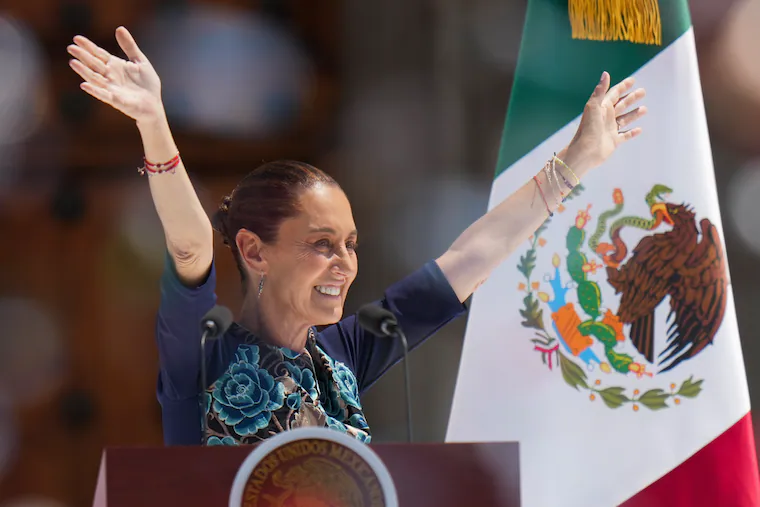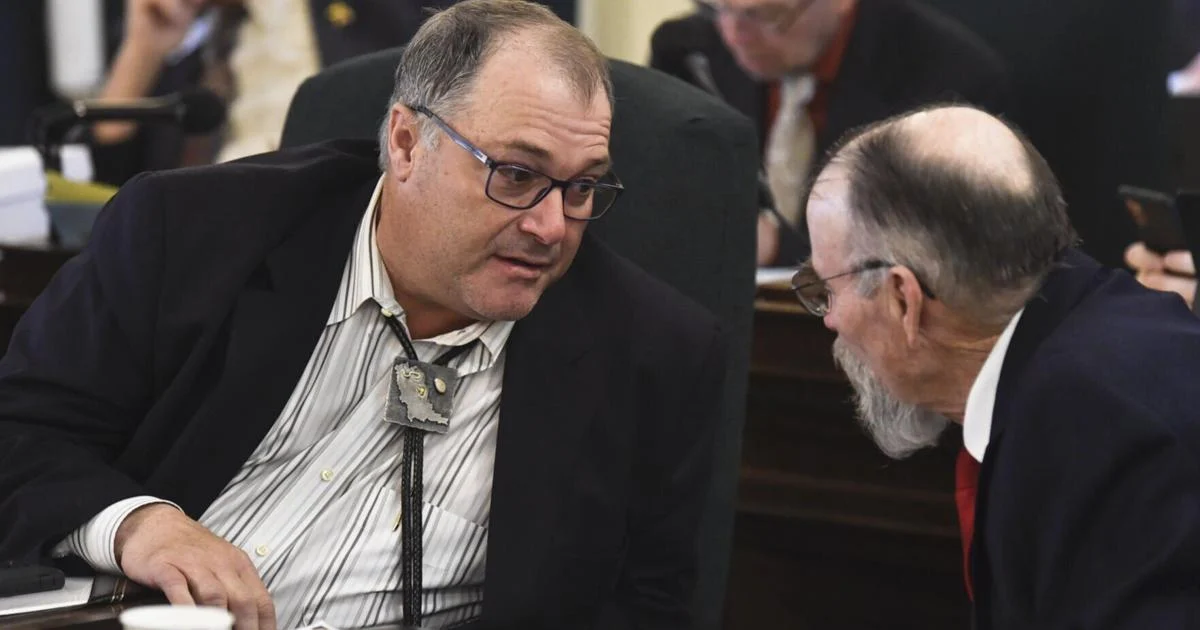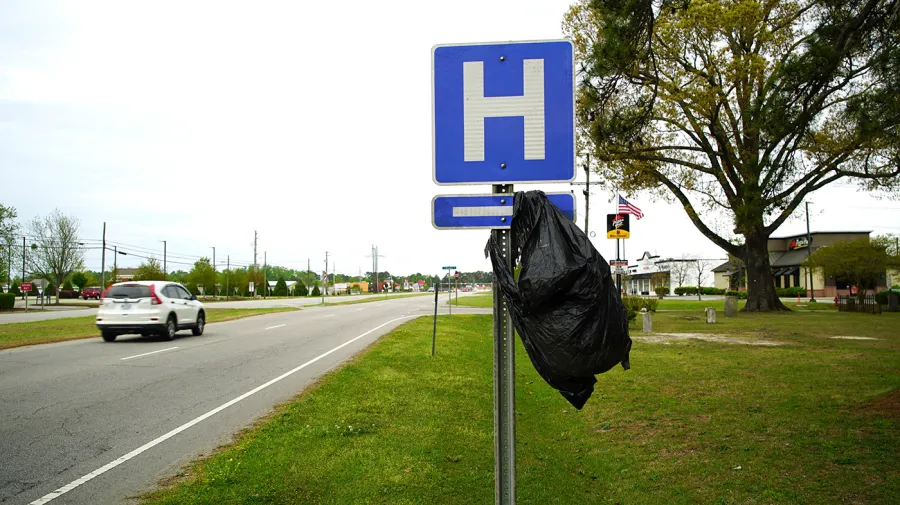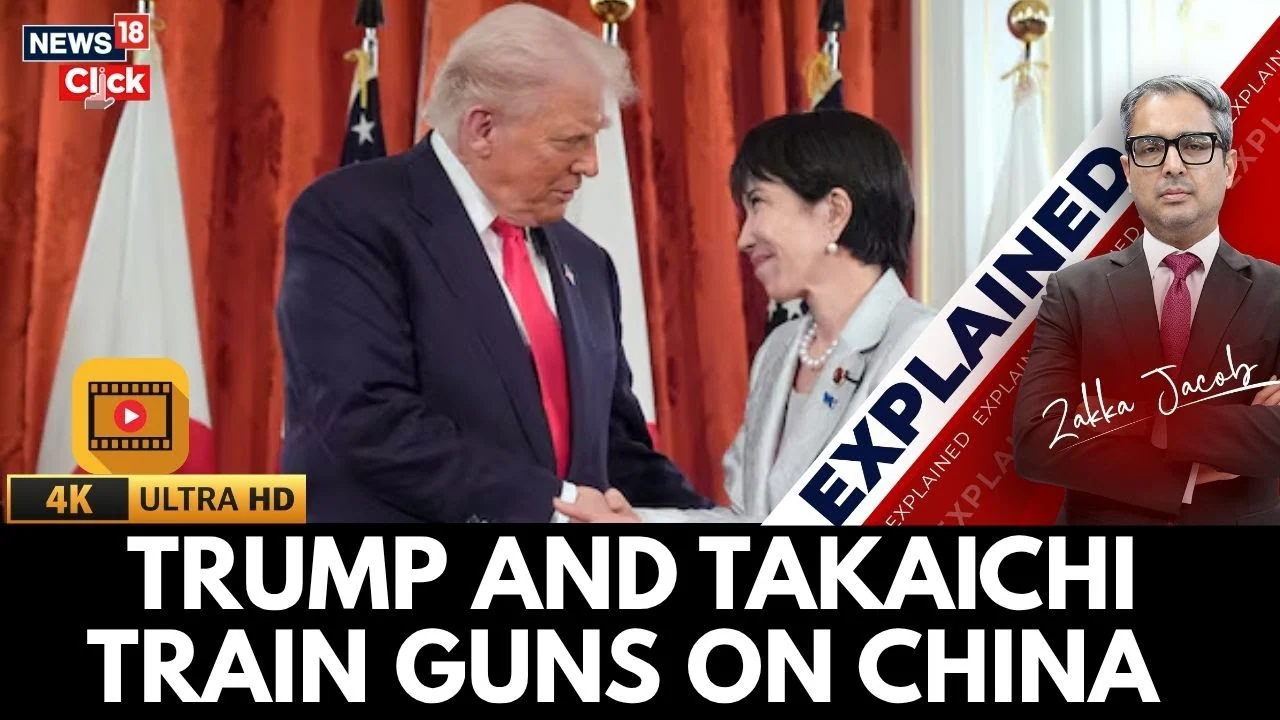Copyright The Philadelphia Inquirer

For a man who announced his entry into politics by calling Mexicans rapists and vowing to build a wall across the border — that Mexico would pay for — Donald Trump’s relationship with our neighbor to the south has been remarkably cordial. Each of Mexico’s leaders during the last decade — Enrique Peña Nieto and Andrés Manuel López Obrador during Trump’s first term, and now Claudia Sheinbaum — has been able to work with the president in a way Canada’s prime ministers have struggled with. Heck, he’s even called Sheinbaum “tough.” While the country has not been immune to Trump’s nonsensical tariff game, it has successfully mitigated the worst of it, recently receiving yet another reprieve from the president (the last one was in July) over threatened trade levies. I have two theories about why this is. One is that Mexico, as a legacy of its colonial past, is deeply classist. People there are used to dealing with higher-status jerks and can navigate through unreasonable demands without losing their sense of dignity. The other is that while his business record is spotty at best, Trump is still a businessman, and Mexico means business. U.S. goods and services trade with Mexico totaled an estimated $935.1 billion in 2024, up 5.5% ($49 billion) from 2023, according to the Office of the United States Trade Representative. That includes $12 billion in trade with Pennsylvania, with Mexican companies employing around 200,000 people in the Keystone State. I assume the money is what matters to Trump, but I will add that the relationship between the countries runs much deeper — and not just because a large part of the U.S. was once Mexico. » READ MORE: We’re executing people with impunity. Why are so many of us OK with this? | Luis F. Carrasco Millions of U.S. tourists flock to Mexico every year, and there are about 40 million people of Mexican origin in the U.S. (before you ask, most Latinos in the U.S. are citizens, and I am one of them), adding to the cultural tapestry of America. During a recent visit to Philadelphia to inaugurate the Mexican Consulate’s new offices on Arch Street, I asked Mexico’s ambassador to the U.S., Esteban Moctezuma Barragán, about the relationship between Sheinbaum and Trump, which he described as “extraordinary.” “It’s not a relationship where they like each other, although they do, but it’s about results,” he said. “On immigration and security issues, all is being resolved in a measurable way.” Soon after he took office in January, Trump said he would impose additional tariffs on Mexico, Canada, and China over what he claimed was those countries’ inability to stop the flow of drugs and migrants coming to the U.S. Mexico responded, Moctezuma Barragán told me, because his country’s objectives are aligned with those of the Trump administration in its fight against trafficking. “President Sheinbaum told [Trump] she was sending 10,000 military personnel to the border to address drug smuggling, but also to deal with the issue of weapons trafficking from the U.S. into Mexico, which is the other part of the equation,” he said. Mexican law enforcement has destroyed around 1,600 meth labs and detained around 24,000 people since Sheinbaum took office in October of last year, the ambassador noted. “That’s 24,000 people off the streets not doing business anymore, 1,600 labs that are not producing anymore, 10,000 soldiers that are stemming the flow — the result is a reduction of more than 50% in fentanyl seizures [at the U.S. border].” On immigration, Moctezuma Barragán pointed to Trump’s own words when he spoke at the United Nations in September, where he touted that the U.S. had the most secure border in the world. Along with cracking down on traffickers, Mexico has also been diverting many of the migrants who cross through its southern border, he added. “Mexico has a humanist policy regarding immigration, so these groups of people, these flows, are treated in a humane manner. A lot of them are given asylum, they are given jobs, others are returned to their country, in a way that few make it [to the U.S.].” » READ MORE: As clashes with ICE heat up, Trump’s cold war against immigration rages on | Luis F. Carrasco I would like to stop here for a moment and say that challenging a diplomat on his answers is a mug’s game (that I played anyway, to little avail), and while the ambassador was truthful, there are always caveats that I will get to another time. For now, enjoy a few more artful dodges. Asked whether officials have discussed how Mexico would respond to a Trump administration strike against cartels — which the president has labeled as terrorist organizations — inside the country, Moctezuma Barragán said it was not an issue “on the bilateral agenda.” “Mexico knows the U.S. will not do that because we are cooperating, we are working together,” he said. Questioned about how Mexico feels about Trump pushing for regime change in Venezuela, the ambassador stuck to principles. “Mexico has a foreign policy based on our Constitution, based on very clear principles of nonintervention, of peaceful resolution of conflicts. We uphold these principles in any circumstance. When there are actions by other countries, these principles prevail,” he said. Now, I feel lucky to have grown up on the border and been able to experience the good and the bad of the U.S. and Mexico, but I love both nations and will be traveling to the region this week to see how their extraordinary relationship is playing out. I will report back. I’m not sure what I expect to find there, but given the two nations’ fraught shared history, I will say that for both, the better angels of our nature have their work cut out for them a lot of the time.



